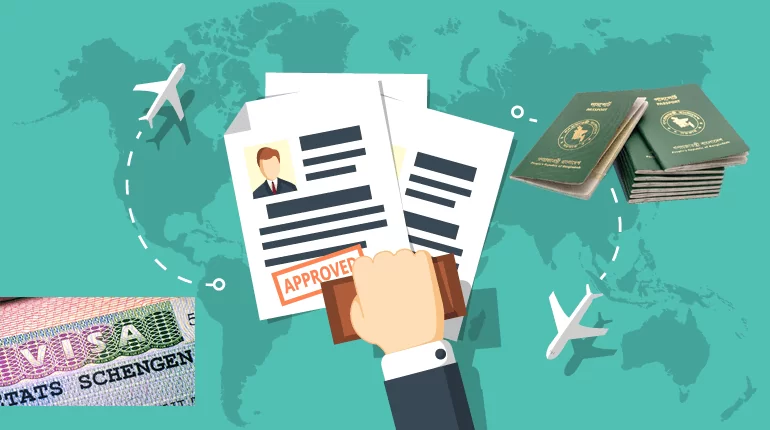
The European Union (EU) has proposed a new move towards new rules on visa-free travels in the Schengen Area. It appears the Schengen Visa that grants access to people to travel freely in the Schengen area is being abused by some people.
Hence, the EU member states’ ambassadors have agreed on a draft regulation that would let the EU suspend visa-free travel for countries whose citizens are exempt from visa obligations when traveling to the Schengen area.
According to Bal.com, here are the key Points:
- Under the new mechanism, the EU would have the following new grounds to suspend the visa-free regime:
- When a country outside the EU has visa rules that don’t align with those of the EU, which could lead to more people coming to the EU.
- When an investor citizenship scheme is involved, where citizenship is granted without a genuine link to the third country in exchange for predetermined payments or investments.
- When there are hybrid threats and deficiencies in document security legislation or procedures.
- Member states’ ambassadors also included a provision that the EU could suspend visa-free travel from a specific country if relations with that country deteriorate, particularly when it relates to human rights and basic freedoms.
- Existing grounds for suspending visa-free travel remain in place, including when there is a substantial increase in the number of third-country nationals who are refused entry or found to be overstaying, and when there is a substantial increase in the number of unfounded asylum applications from a third country with a historically low recognition rate.
Background: The draft regulation is aimed at tightening the rules for visits to Europe, strengthening the EU’s powers to better deal with situations where visa-free travel is being misused or works against the EU’s interests. The regulation would also increase the duration of temporary suspensions of visa exemptions from nine to 12 months and the extension period from 18 to 24 months.
The agreement allows the Council to enter into negotiations with the European Parliament, once it settles on its own position, to reach final agreement.